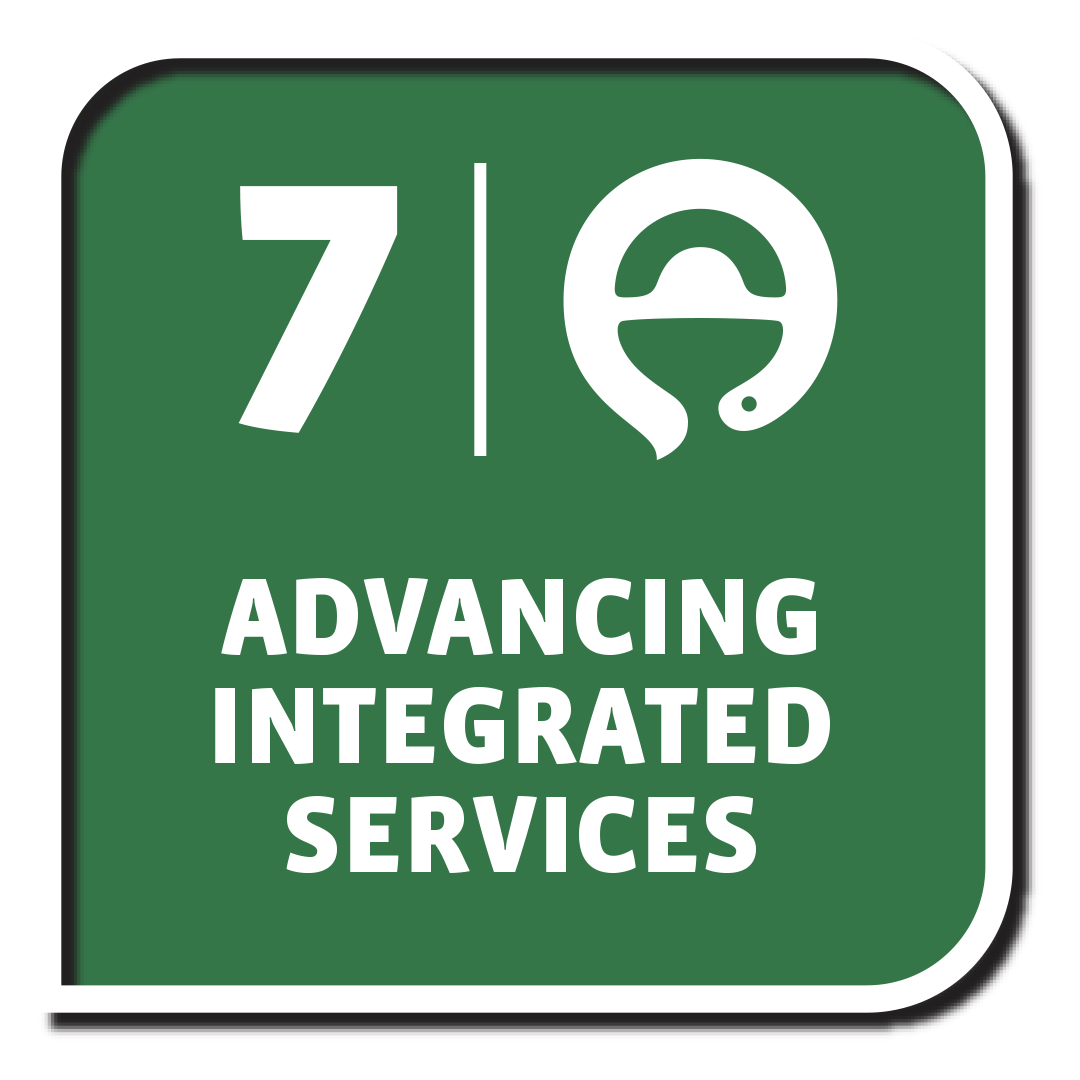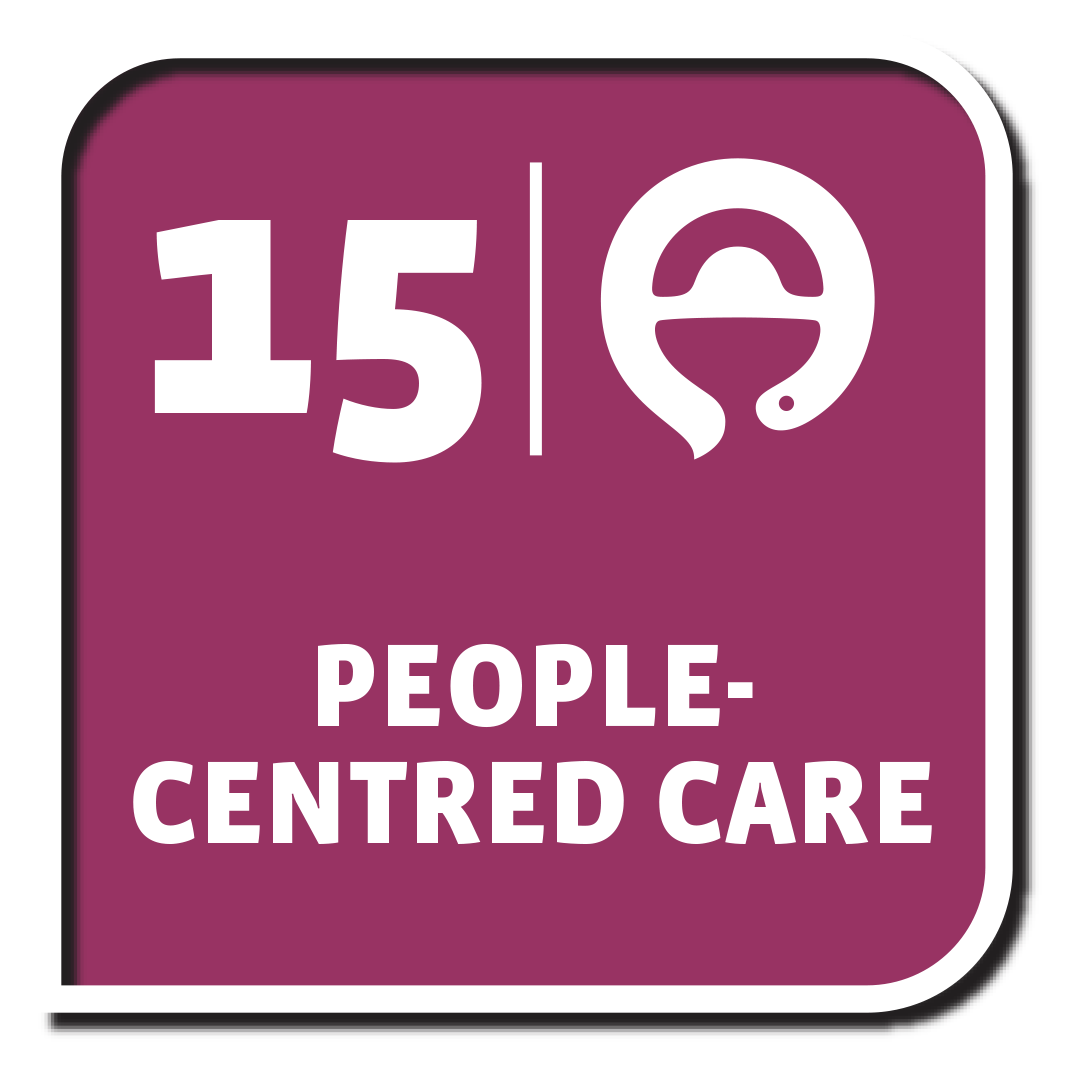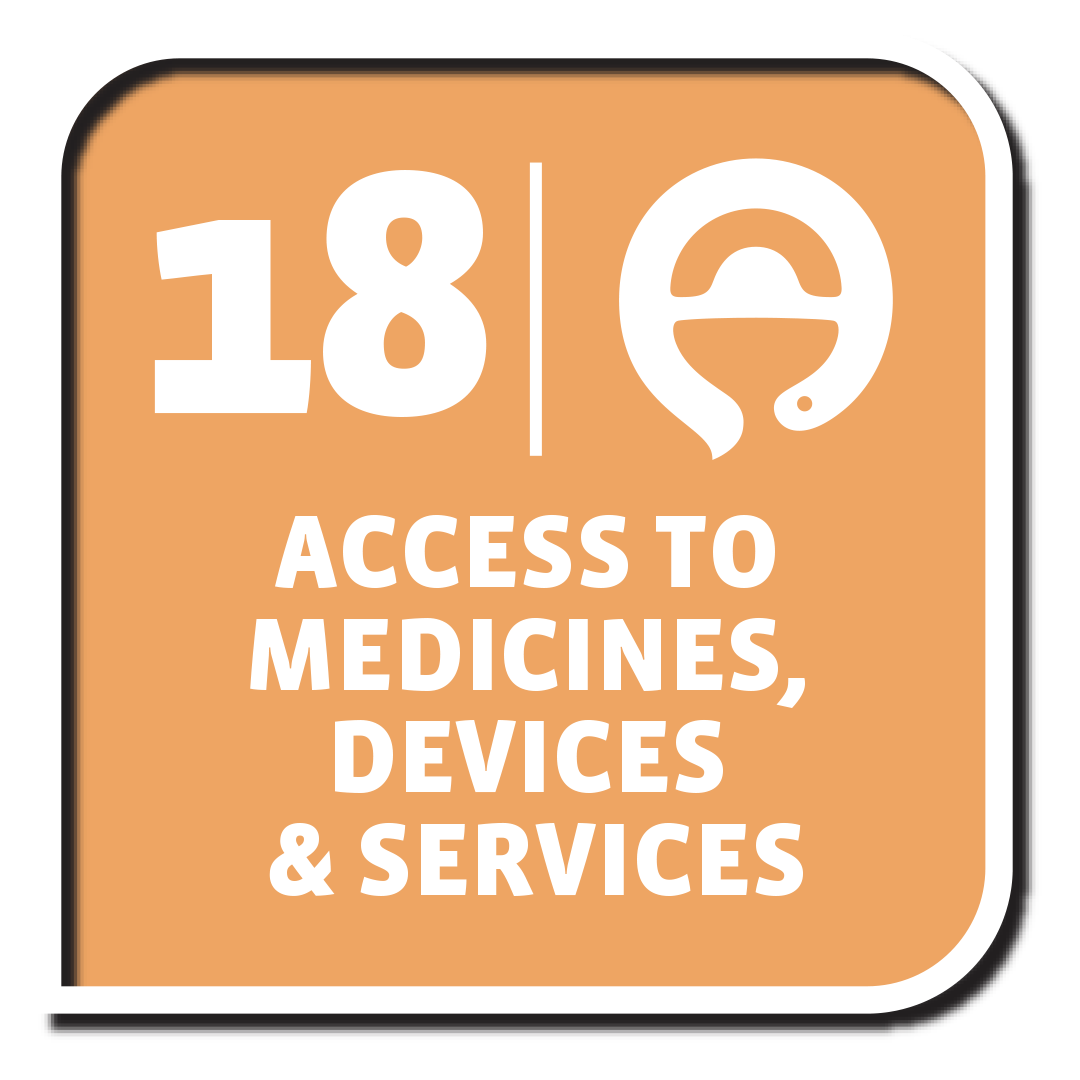PSWE-01 - Innovative drug and vaccine delivery systems: Enhancing safety, adherence, and health outcomes
Tracks
Room D2
| Wednesday, September 3, 2025 |
| 11:00 - 12:30 |
| Room D2 |
Details
Organised by the FIP Industrial Pharmacy Section in collaboration with the FIP Drug Delivery and Manufacturing SIG & the FIP Early Career Pharmaceutical Group
Chair(s)
Mr Igor Linhares de Castro, FIP Industrial Pharmacy Section, Brazil & Ms Emmanuella Nzeribe, ExCo member FIP Early Career Pharmacists Group, Nigeria
Introduction:
Innovative delivery systems for medicines and vaccines are transforming healthcare by improving drug safety and efficacy, patient adherence to therapeutic regimens, and increasing access to therapies.
Continued research and development in this field is essential to overcome existing challenges and enhance treatment outcomes across diverse populations, as the world must prepare for future pandemics.
Some key advancements and concepts in this field include nanotechnology, smart delivery systems, microneedle patches, inhalable formulations (e.g., inhalable influenza vaccines), implantable devices, long-acting formulations, smart wearable devices, gene therapy-delivery systems, thermostable vaccines, and combination vaccines.
The session is aimed at discussing innovative technologies, with examples on their practical use, challenges and opportunities, such as eco-friendly manufacturing and sustainability, and the accessibility of innovative delivery systems in low-resource settings.
Pharmaceutical practitioners must become familiar with, and prepared for, the innovative technologies that are driving the future of healthcare, and to advocate best practices. New delivery systems are playing a crucial role in shaping patients' perceptions and understanding of the medicines and vaccines they use, influencing their willingness to receive vaccines and/or adhere to therapies.
The session will highlight the importance of effective interaction between manufacturers, healthcare providers and patients to ensure the dissemination of reliable information and adequate use of medicines, while emphasising the vital role of the pharmacist in leveraging new technology to improve medicine delivery and patient outcomes in their varied practice settings.
Programme:
Learning objectives:
1. To learn how cutting-edge technologies applied to the development of vaccines and medicines are helping to shape the future of healthcare.
2. To learn about non-conventional delivery systems and their application in the development of personalised medicines and vaccines.
3. To discuss how new technologies and delivery systems help to increase overall adherence to vaccination and therapeutic regimens.
Take home messages:
Innovation to promote more efficient delivery systems for medicines and vaccines are needed to overcome unmet medical needs and to improve healthcare indicators and patient outcomes to pharmacological treatments and vaccines. By the end of the session, the audience will have gained a broad understanding of new technologies and trends in this field, and how they might shape the future of healthcare.
FIP Development Goals:


 To learn more about these FIP Development Goals, click on the links below.
FIP Development Goal 7: Advancing Integrated Services
FIP Development Goal 15: People-Centred Care
FIP Development Goal 18: Access to Medicines, Devices & Services
To learn more about these FIP Development Goals, click on the links below.
FIP Development Goal 7: Advancing Integrated Services
FIP Development Goal 15: People-Centred Care
FIP Development Goal 18: Access to Medicines, Devices & Services
| 11:00 – 11:05 | Introduction by the chairs | |
| 11:05 – 11:30 | Improving therapeutic adherence and healthcare outcomes: development of a microneedle patch for self-administered, long-acting contraception | |
| Prof Mark R. Prausnitz, Georgia Institute of Technology, USA | ||
| 11:30 – 11:55 | Nanotechnology-based delivery systems applied to vaccines and biological therapies: the run for personalised medicines | |
| Prof Marco Antonio Stephano, University of Sao Paulo, Brazil | ||
| 11:55 – 12:25 | Panel discussion | |
| Dr Ryan Forrey, President FIP Hospital Pharmacy Section, USA | ||
| 12:25 – 12:30 | Closing remarks |
Speakers
Prof. Mark R. Prausnitz
Georgia Institute of Technology
Improving therapeutic adherence and healthcare outcomes: development of a microneedle patch for self-administered, long-acting contraception
